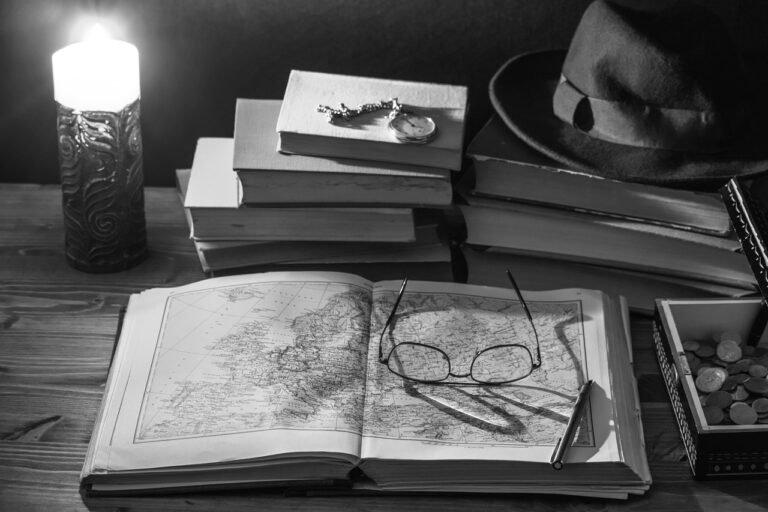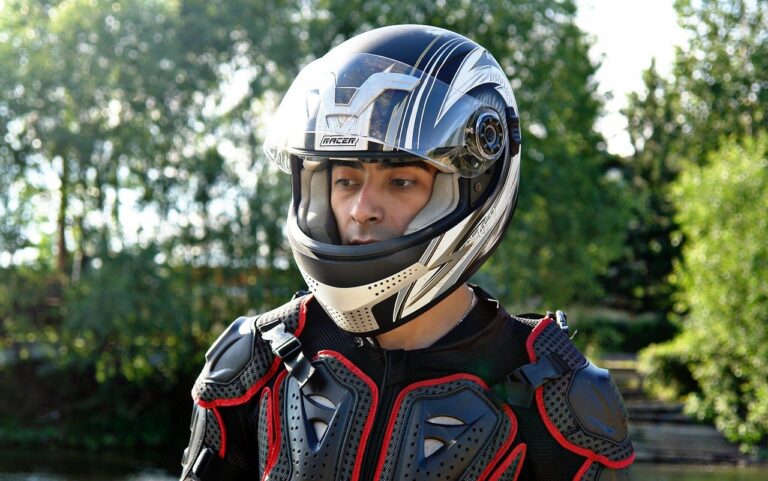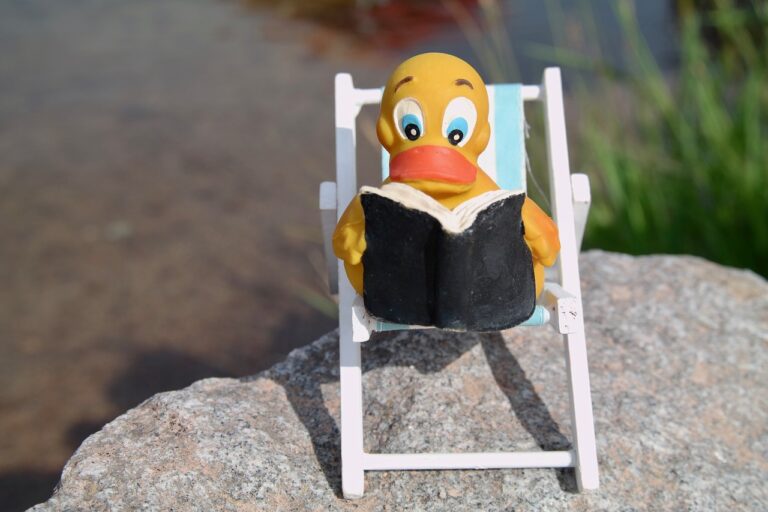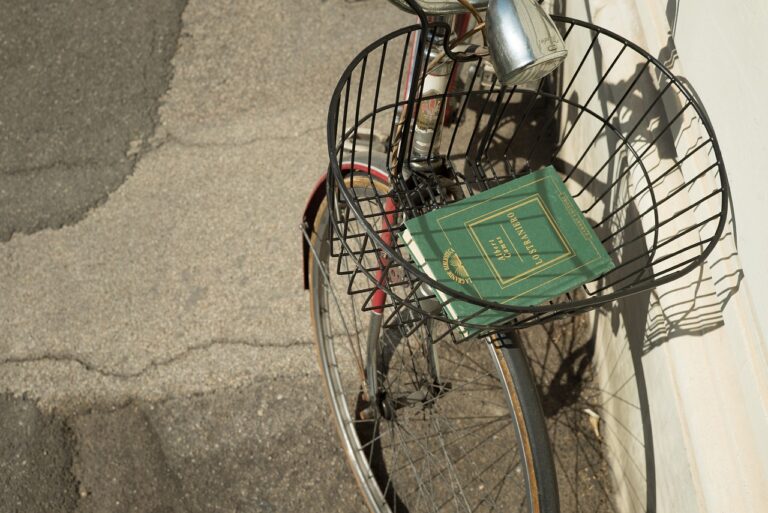The Role of Virtual Reality in Historical Reenactments at Camps: Laser247. com cricket, Lotus365 vip login, Sky247
laser247. com cricket, lotus365 vip login, sky247: Virtual reality technology has been revolutionizing the way we experience the past in historical reenactments at camps. By blending the physical world with digital elements, virtual reality has the power to transport campers back in time to pivotal moments in history. Let’s dive deeper into the role of virtual reality in historical reenactments at camps.
Immersive Learning Experiences
One of the key benefits of using virtual reality in historical reenactments is the immersive learning experiences it provides. Campers can step into the shoes of historical figures, witness important events firsthand, and gain a deeper understanding of the past. This interactive approach to education sparks curiosity and engagement among campers, making the learning process more meaningful and memorable.
Enhanced Realism
Virtual reality technology allows camps to recreate historical settings with a level of detail and realism that was previously impossible. Campers can explore ancient ruins, walk through bustling medieval towns, or witness epic battles in vivid detail. This heightened sense of realism enhances the overall experience and helps campers truly feel like they have traveled back in time.
Interactive Storytelling
Virtual reality enables camps to tell stories in new and innovative ways. Campers can interact with historical characters, make decisions that impact the course of events, and experience multiple perspectives on the same historical event. This interactive storytelling approach encourages critical thinking and empathy, helping campers develop a deeper appreciation for the complexities of history.
Cultural Preservation
Virtual reality technology also plays a crucial role in preserving cultural heritage. By digitally recreating historical sites and artifacts, camps can ensure that future generations have access to these valuable resources. Virtual reality can bring ancient artifacts to life, allowing campers to explore and learn about different cultures in a way that is engaging and informative.
Empowering Inclusivity
Virtual reality has the power to make historical reenactments more inclusive and accessible to campers of all backgrounds and abilities. Camps can create virtual experiences that cater to diverse audiences, including those with physical disabilities or learning differences. This inclusivity fosters a sense of belonging and allows all campers to participate in the historical reenactments.
FAQs
Q: How does virtual reality technology work in historical reenactments at camps?
A: Virtual reality technology uses headsets and sensors to create immersive digital environments that simulate historical settings and events.
Q: Are virtual reality experiences at camps historically accurate?
A: Camps strive to ensure that virtual reality experiences are as historically accurate as possible, relying on research and expert guidance to recreate the past authentically.
Q: Can virtual reality technology be used for other educational purposes?
A: Yes, virtual reality technology has applications in various educational settings, including museums, classrooms, and historical sites.
In conclusion, virtual reality technology has transformed historical reenactments at camps by providing immersive learning experiences, enhancing realism, enabling interactive storytelling, preserving cultural heritage, and promoting inclusivity. As camps continue to integrate virtual reality into their programs, campers can look forward to more engaging and educational experiences that bring history to life in new and exciting ways.







